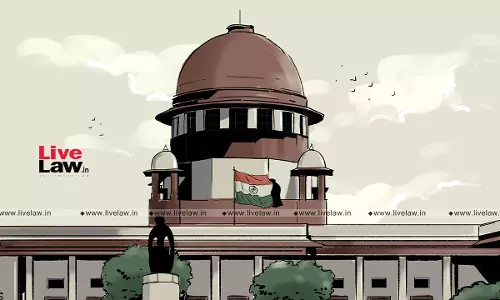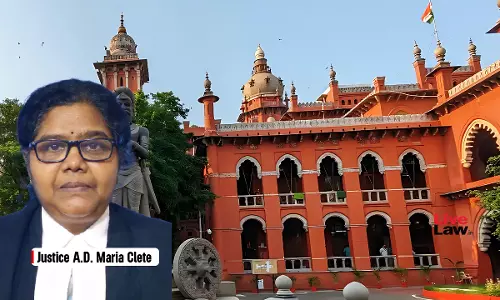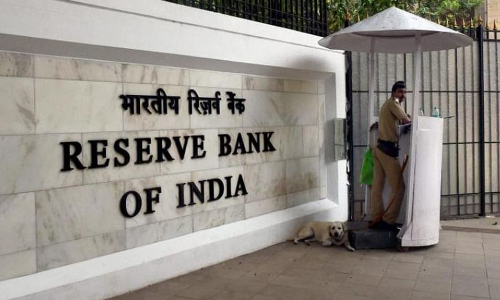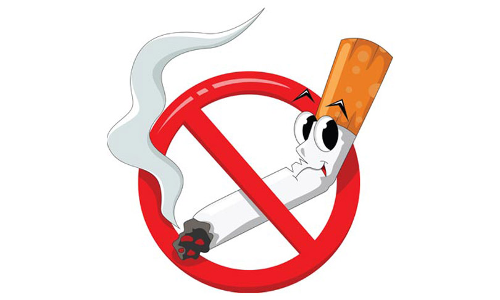Articles
The 51 Chief Justices of India (1950–2025): A Jurimetric and Constitutional Legacy
The Constitution of India (COI) established the Supreme Court of India (SCI) when it came into force on 26th January, 1950[1]. The inaugural sitting took place on 28th January, 1950 at the Chamber of Princes in the Parliament Building where the Federal Court of India had sat earlier for 12 years. As per Article 374 of the Constitution, the Judges of the Federal Court became the Judges of...
Impact of New Tax Regime on Motor Accident Compensation Awards
The Union Budget 2025–26 has introduced a notable increase in the basic income tax exemption limit and has redrawn the contours of personal taxation by introducing a zero-tax threshold for incomes up to ₹12 lakh. With the effective tax exemption, a substantial increase in return filings is anticipated. For many in the unorganised sector, gig economy, and among self-employed professionals...
Sailing Along Or Standing Apart – The Realpolitik Of Collegiality And Conformism
Some truths are not declared – they are simply held, quietly, with dignity. QUIET INTERROGATIONS - Series Where silence asks the harder questions. This reflection was born from a moment of quiet discomfort. It was a small act—rising in silence after a court reference—the right gesture, I believed, of quiet respect before returning to one's chamber or ending the...
Passive Euthanasia In India: Toward A Streamlined, Technology Driven Protocol
India's legal journey on end‑of‑life care has evolved from cautious judicial forays into passive euthanasia to the promise of patient‑driven advance directives. Yet, despite successive Supreme Court judgments—from Aruna Shanbaug (2011) to the Common Cause ruling (2018) and its K.M. Joseph–led modification (2023)—the process remains burdened by procedural hurdles that too often...
Loan Evergreening Via AIFS: RBI's Regulatory Clampdown And Its Significance
The Indian financial sector, which is closely monitored by the Reserve Bank of India (RBI), has been grappling with the issue of non-performing assets (NPAs), which pose a risk to the stability and transparency of regulated entities (REs), such as banks and non-banking financial companies (NBFCs). A controversial practice engaged in by some REs to hide NPAs is referred to as loan...
The Legal Paradox: Transgender Identity Certificates And PAN Card Recognition In India
Transgender rights in India have witnessed notable developments over the past decade, marked by a growing recognition of gender diversity and legal reforms aimed at protecting the rights of transgender individuals[1]. A landmark moment came with the 2014 Supreme Court judgment in National Legal Services Authority (NALSA) v. Union of India, which recognised transgender people as the "third...
Summoning Advocates By Enforcement Directorate
On 14.06.2025, the Enforcement Directorate (ED) issued summons under PMLA Section 50 to Senior Advocate Arvind Datar in connection with its investigation into the Employee Stock Option Plan (ESOP) granted by Care Health Insurance (previously Religare Health Insurance) to former Religare Enterprises Chairperson Rashmi Saluja. SCAORA, Madras Bar Association, Delhi High Court Bar...
Yamaha V. Registrar Of Trade Marks: Revisiting Forgotten Proviso To Section 20(1) Of Trade Marks Act, 1999
In a significant decision earlier this month, the Bombay High Court revisited a frequently overlooked provision of the Trade Marks Act, 1999, namely the proviso to Section 20(1). The case, Yamaha Hatsudoki Kabushiki Kaisha v. The Registrar of Trade Marks[1], challenges not just a refusal order but the manner in which trademark examiners approach applications involving potential conflicts...
Tobacco Laws In India- Need For New Legislation
India shall reap the benefits of demographic dividend, is a prediction made by several organisations. However, extensive consumption of tobacco and allied products casts a doubt. The deleterious consequences on health as a result of consumption of these products makes India lose Rs 1,77,341 crores (1% of the GDP). According to the Global Adult Tobacco Survey (GATS) 2016–2017, approximately...
Redefining Sexual Autonomy: Moving Beyond 'No Means No' To 'Yes Means Yes'
The contrast between the slogan “No Means No,” popularized by Pink (released on September 16, 2016), and the Protection of Children from Sexual Offences Act (POCSO, enacted on December 14, 2012) lies fundamentally in the question of capacity to consent. Pink champions the principle that any person's refusal of sexual advances must be respected, thereby foregrounding affirmative consent as...
The Price Of Redemption: When Compliance Comes At A Cost
On May 26th 2025, in a significant development which is poised to reshape India's capital markets landscape, the NSE (National Stock Exchange Ltd.) has proposed a settlement offer of ₹1000 crore to the Securities and Exchange Board of India (SEBI). This move aims to resolve long standing disputes in particular the co-location case and potentially paves the way for NSE's long delayed...
COVID-19 And Evolution Of Global Health Governance: Lessons In Law, State Responsibility, And Preparedness
The COVID-19 pandemic was not merely a public health crisis; it was a stress test for global governance, national sovereignty, and legal systems. The virus, with its rapid spread and high mortality rate, upended life as we knew it, compelling states to adopt extraordinary measures. From lockdowns to vaccine mandates, from the redefinition of workspaces to the interpretation of contracts...














